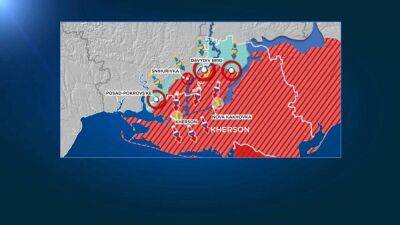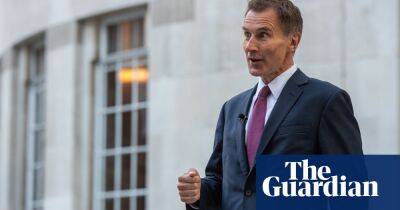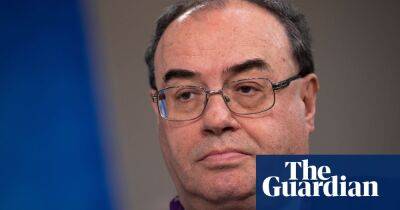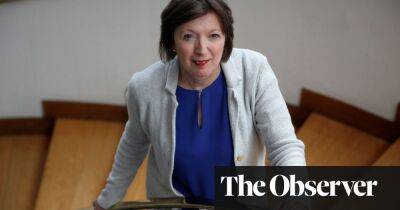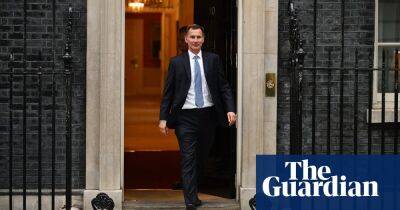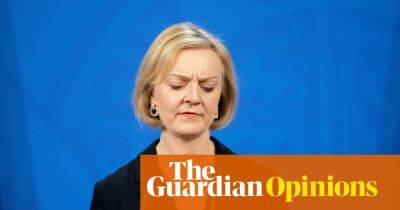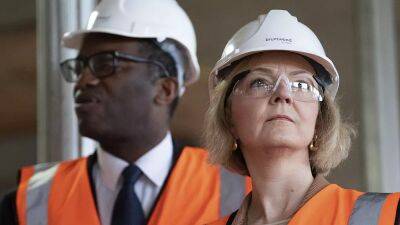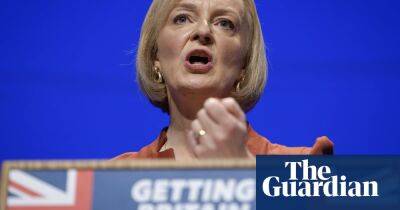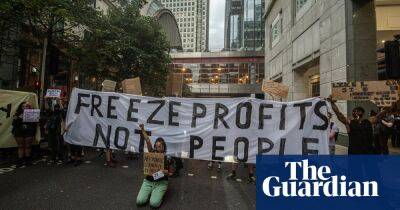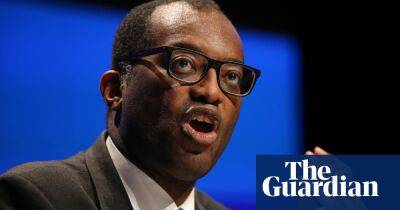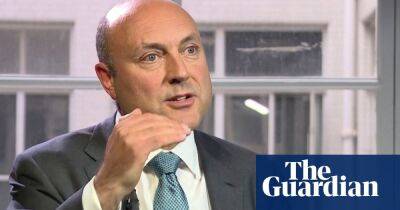Jacob Rees-Mogg says pensions not at risk as he hits out at BBC
Jacob Rees-Mogg has insisted pensions are not at risk and claimed the BBC is breaching its impartiality guidelines by suggesting the financial market turmoil is linked to the government’s mini-budget.
After another turbulent morning for the markets, the business secretary was accused of “denying economic reality” by the Liberal Democrats, as he said there was no systemic problem and claimed the economy was in a “good state”.
Rees-Mogg also denied that his intervention in the electricity market to recoup more money off renewable and nuclear providers was a windfall tax, despite it being widely seen as such.
He gave a round of broadcast interviews after the Bank of England governor ruled out more interventions to bail out pension funds after Friday but then appeared to reverse that position early on Wednesday morning. At the same time, new official figures showed the economy is believed to have contracted by 0.3% in August, raising fears of a recession.
Speaking to BBC Radio 4’s Today programme, Rees-Mogg said global factors may have been to blame for the fall in pound and low investor confidence as much as the unfunded tax cuts in the mini-budget.
Despite an immediate market reaction to Kwasi Kwarteng’s fiscal event in September, Rees-Mogg said: “You suggest something is causal which is a speculation. What has caused the effect in pension funds … is not necessarily the mini-budget. I think jumping to conclusions about causality is not meeting the BBC requirement for impartiality.”
With another fiscal statement due on 31 October, the government is scrambling to come up with plans to make its billions of tax cuts affordable through spending cuts.
Speaking to broadcasters, Rees-Mogg made the case that benefits should not
Read more on theguardian.com
